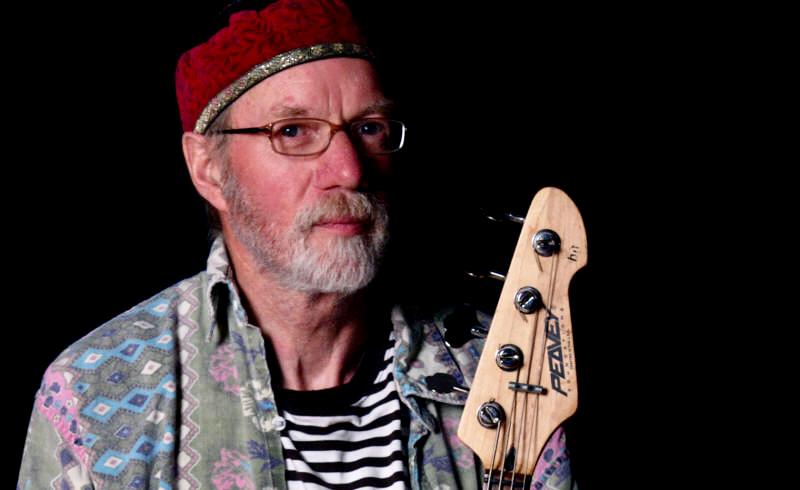
The bassist Hugh Hopper, a contributor to a sea of progressive bands but best known for his tenure with Britain’s pathfinding Soft Machine, has died. He was 64.
Hopper was one of the central figures in the Canterbury music scene, both before and after his days with Soft Machine. He joined the band as a roadie and then took over on bass in 1968, after the departure of founder and bassist Kevin Ayers.
Like Ayers, he was among the first bassists to successfully apply fuzz-tone effects to the instrument. His playing anticipated the jazz-rock styles of Jaco Pastorious and Stanley Clarke, but Hopper’s work was rarely flashy. He had a Motown-like dedication to anchoring the ensemble playing.
Hopper played and contributed songs to almost all of the Soft Machine’s classic works (the second through sixth albums), as the band moved from psychedelic musings to fusion/progressive rock.
One of the most influential Hopper compositions was the trippy, noisy, sometimes atonal “Facelift,” which opened the “Third” album, clocking in at 19 minutes. The avant-garde showcase brought to mind the contemporaneous explorations of Frank Zappa and Miles Davis.
On the “Fourth” album, he contributed “Kings and Queens,” a more traditional jazz rock piece with a cinematic feel. His Soft Machine song “Memories” was recorded by Whitney Houston.
Hugh Hopper was an early innovator in the use of tape loops as foundations for instrumental improvisation. His first solo album, after he left Soft Machine in 1973, include a side-long sonic collage.
The bassist fronted his own bands and also worked with Gong, Carla Bley, Dave Stewart, Stomu Yamash’ta and Gary Windo, among many others.
Hopper worked with most of the like-minded European players of the past four decades. His long list of collaborators included old Soft Machine mates such as Elton Dean, the free jazz saxophonist.
In the new century, Hopper celebrated his Soft Machine years in the bands Soft Works and Soft Machine Legacy. He also contributed to the comeback album of Kevin Ayers, the singer-bassist whom he replaced in Soft Machine.
Hopper worked until June 2008, when he had to cancel a tour of Japan due to back problems. He then learned he had leukemia. Several benefit concerts helped cover medical expenses.
Hopper died June 7 in the county of Kent, England, two days after marrying his longtime girlfriend.